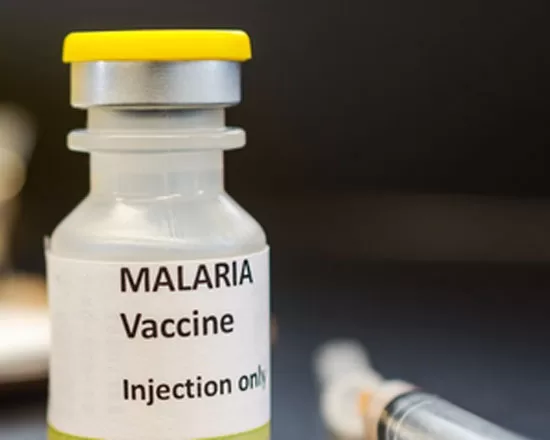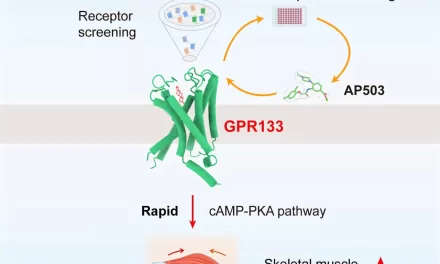January 4, 2025 — National Institutes of Health (NIH)
A groundbreaking discovery by researchers at the National Institutes of Health (NIH) offers hope for more effective malaria prevention strategies. Published in Science today, the study identifies a novel class of antibodies that target a previously unrecognized portion of the malaria parasite. These antibodies could pave the way for next-generation malaria vaccines and treatments.
Malaria, caused by Plasmodium parasites transmitted through infected mosquito bites, remains a global health crisis. The World Health Organization estimates there were 263 million cases and 597,000 deaths in 2023, with the highest burden in African countries. Current vaccines and treatments primarily focus on Plasmodium falciparum, the deadliest malaria species.
The most potent antibody in this new class, named MAD21-101, demonstrated strong protection against malaria in an animal model. Unlike existing antibodies, it binds to a conserved epitope on the parasite’s surface protein PfCSP outside the region targeted by current vaccines. This novel target, called pGlu-CSP, is revealed during a specific stage of the parasite’s development, making it a promising candidate for immune interventions.
Expanding the Toolkit Against Malaria
The findings are particularly significant because pGlu-CSP is not included in existing malaria vaccines. This distinction allows the new antibodies to complement current interventions without diminishing their effectiveness. The researchers envision these antibodies as a critical tool for protecting vulnerable populations, such as infants, who may receive vaccines later in life.
“Targeting pGlu-CSP offers a dual advantage: it broadens the scope of immune protection and provides a new pathway for malaria vaccine design,” said the study’s lead author, Dr. Cherrelle Dacon of the NIH’s National Institute of Allergy and Infectious Diseases (NIAID).
Current vaccines and monoclonal antibody (mAb) treatments focus on the central repeat region of PfCSP, a protein critical to the parasite’s ability to infect liver cells. MAD21-101, however, neutralizes the parasite by binding to a different, conserved region. This breakthrough may lead to improved vaccines capable of addressing diverse malaria strains.
A Promising Future
While the results are promising, the researchers emphasize the need for further studies to evaluate the antibody’s safety and efficacy in humans. They believe their innovative approach—studying whole sporozoites rather than isolated parasite components—could inform the development of countermeasures for other diseases as well.
“This research highlights the power of exploring untargeted regions of pathogens,” said Dr. Dacon. “It opens doors not just for malaria prevention but also for tackling other infectious diseases.”
The Path Ahead
The study’s implications extend beyond malaria prevention. By identifying previously overlooked targets on pathogens, researchers hope to develop next-generation antibodies and vaccines for a range of diseases.
As malaria continues to devastate communities worldwide, particularly in sub-Saharan Africa, this discovery represents a significant step forward. The potential to integrate these novel antibodies with existing vaccines and treatments provides a renewed sense of optimism in the global fight against malaria.
For further details, refer to the original publication: Cherrelle Dacon et al., “Protective antibodies target cryptic epitope unmasked by cleavage of malaria sporozoite protein,” Science (2025). DOI: 10.1126/science.adr0510.












